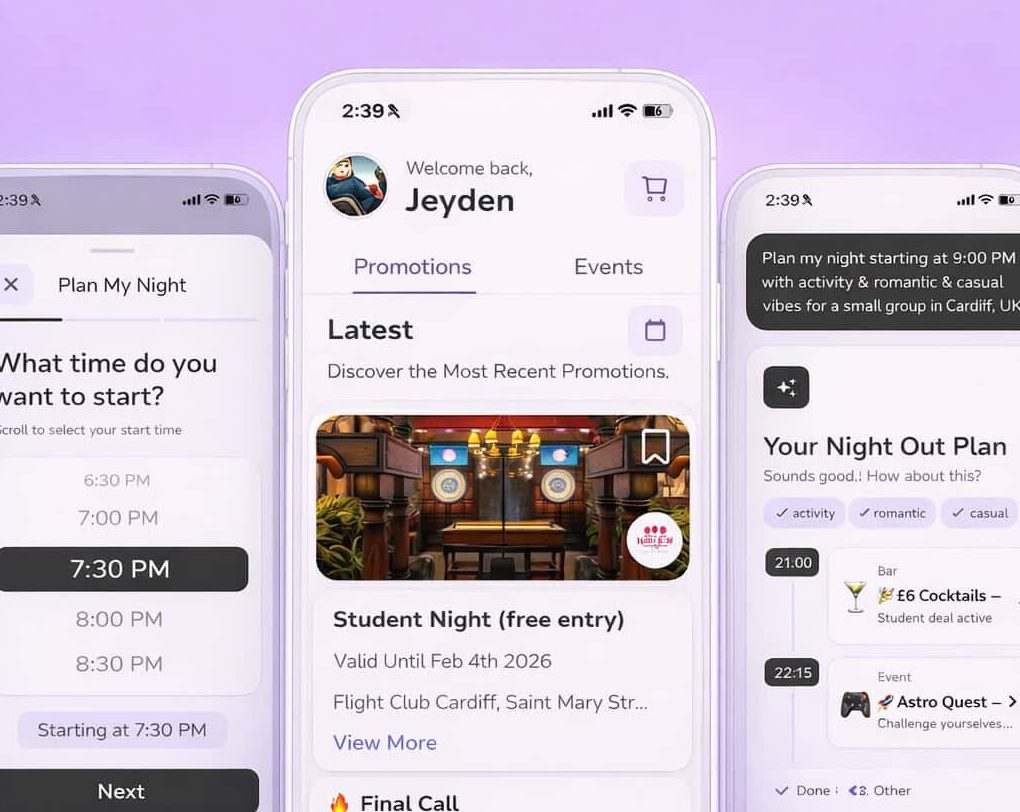by Alexa Price
It goes without saying that the constant developments of the modern world is changing our reading habits, and that books have proven themselves to be pretty versatile! Today reading is much more accessible and can be done impressively with a simple touch of a button. While the internet gives readers a wider range of reading materials than your local bookshop, one has to ask themselves is there a feeling quite like breathing in the crisp smell of a new (or old!) book? Does a Kindle have the same comforting weight as the pages of a physical book in your hands? Whether I pay ┬ú2.50 at Oxfam or ┬ú7.99 at Waterstones, I find that books are one of the modern society’s unappreciated luxuries.
Physical books have been around and appreciated for hundreds of years now, so why would we ever want to change or develop them? Sales for physical books reached an unfortunate all-time low during the pandemic in 2020 which left us all at home frantically scouring the internet for things to do. Dusty Kindles and iPads were brought back to life as e-book sales reached their highest since their peak in 2015, after which the numbers of those purchasing them consistently declined. While e-books aren’t to my own taste, surely this shows how timeless an activity reading truly is?
Though despite my life-long love for the notion of a physical book, at University I have come to appreciate an audiobook, especially during those long periods of lockdown. Audiobooks are currently the fastest-growing segment in publishing and while the idea of an audiobook never appealed to me, the increasing numbers of listeners persuaded me to give it a shot. After so many hours spent studying, I always found that going to start next week’s reading was a tiresome job and that it would interfere on my time to relax. Listening to audiobooks made me feel as though I was being read to, and was something I started to embrace in my everyday life, as did thousands of others across the globe!
While the global pandemic took us all by total surprise, could it have been a blessing for infrequent readers? It has certainly proven that reading habits differ from each individual, but what does this mean for the publishing industry? E-books and audiobooks are cheaper to produce than physical books, and also mean that the books are catering to others’ reading tastes. While technology has definitely made changes to our reading habits as a society, I think the changes are largely positive and have exciting prospects.


